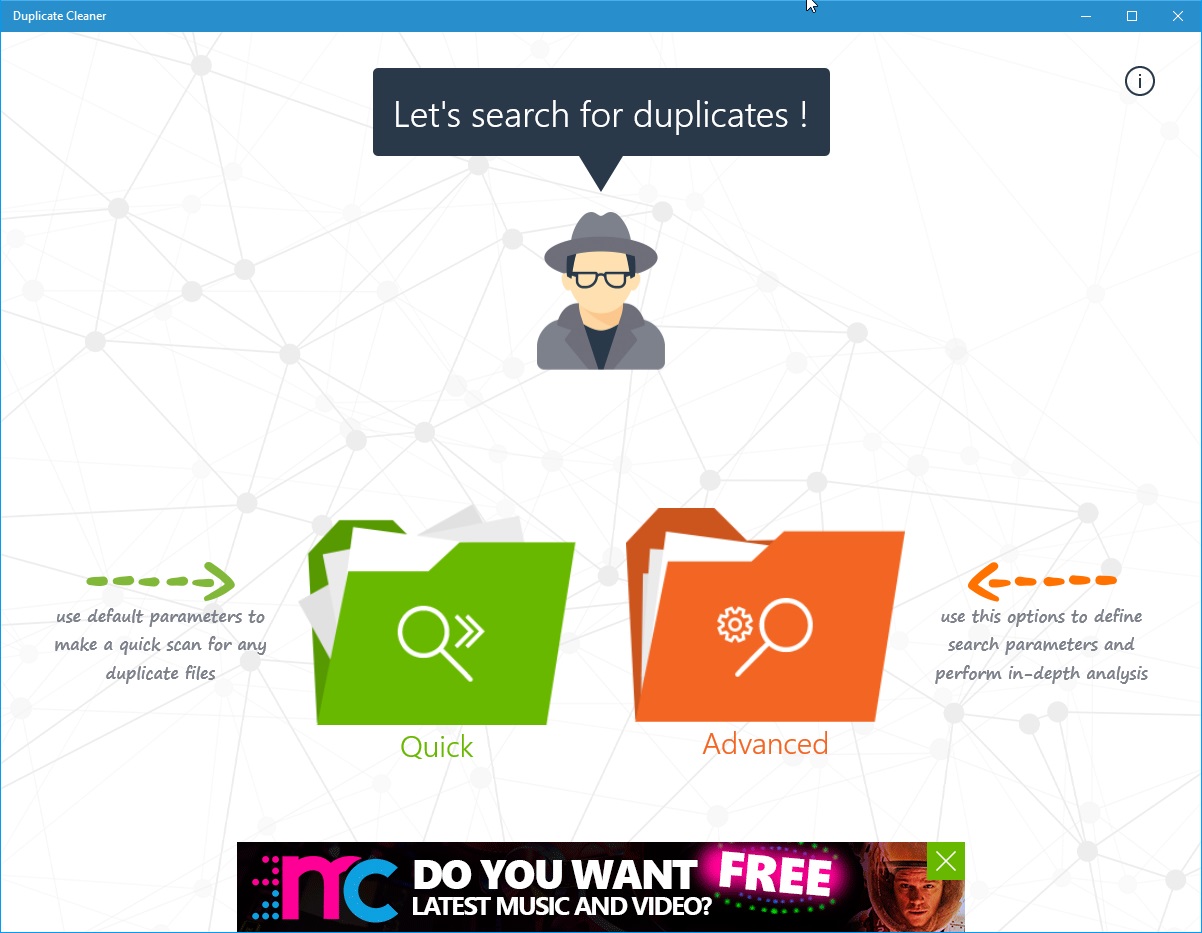
India blocks Google's plans for Street View in the country amid security concerns
Google's plans to gather Street View data in India have hit a brick wall after the country rejected the company's proposals.
Indian security agencies expressed concerns about plans to send Google Street View cars around the country, taking 360-degree photos along roadways. This is certainly not the first time Google Street View has faced problems, with numerous cases relating to privacy resulting in changes being made to the service.

Progressive threat detection guards against attacks from anonymous networks
Cyber attackers use a variety of anonymity techniques to avoid detection. Many attacks come from anonymous proxies and anonymity networks are often use valid, but compromised, credentials.
Access control specialist SecureAuth is launching a new Threat Service product to stop suspicious logins even if attackers have valid credentials and even if they are logging in from an anonymous network.

Best Windows apps this week
One-hundred and eighty-four in a series. Welcome to this week's overview of the best apps, games and extensions released for Windows 8.x and Windows 10 in the past seven days.
Duplicate Cleaner has been selected as application of the week. It is a sophisticated duplicate files cleaner for Windows 10 that competes with desktop programs in regards to functionality.

Twitter denies stolen account passwords came from its servers and issues security advice
In recent days the internet has been abuzz with news that credentials for millions of Twitter accounts have been put up for sale on the Dark Web. Despite the online chatter about what many people assumed to be a security breach, Twitter chose to remain silent. Now the company has spoken out after an investigation and denies that the password leak was the result of Twitter being hacked.
Dismissively referring to the "purported Twitter @names and passwords", the company says that the leak is probably a combination of data gathered from previous breaches as well as credentials gathered by malware. Twitter has identified a number of accounts directly affected by the leak and has reset the passwords to protect the owners.

Paragon Hard Disk Manager for Mac released
Paragon Software Group has shipped Paragon Hard Disk Manager for Mac ($39.95), the first OS X version of its popular Windows backup and partition management suite. A powerful backup module protects all or selected partitions, Windows or OS X, while sector-level imaging and an incremental backup option ensures maximum performance.
Backup images may be mounted as virtual drives for easy browsing and recovery of selected files, or you can restore everything from the program, or via a bootable USB key or external disk.

The evolution of cloud in the enterprise [Q&A]
Over the past few years the cloud has significantly changed the way all of us store data, and in many cases how we run software too.
But from an enterprise perspective what impact has the cloud had on traditional data centers, and how is it continuing to evolve? We spoke to Saviz Izadpanah, chief technology officer of HighQ -- which provides cloud collaboration and content publishing services to the world's leading law firms, corporate legal teams and banks -- to find out.

Amazon Fresh now delivers groceries in London
Amazon Fresh has arrived in the UK and starting this week the online retailer delivers groceries in London.
This is the first time that the service will be available outside of the US and initially it will offer over 130,000 grocery items to consumers living in north and east London. A host of new items including thousands of fresh produce, dairy and bakery items will be available through the online delivery service.

Facebook gets video commenting -- here's how to use it
For quite a while, I was hesitant to embrace Facebook because of privacy concerns. While that is still a worry, I have softened a bit, coming to like its Messenger app in particular. While the logic Facebook uses to list content in my timeline still eludes me (what's wrong with chronological?), it is a satisfying experience overall.
Believe it or not, the ability to leave comments and reply to posts using video was not previously available on Facebook. This is probably because video cannot be text-mined, but I digress. Today, the social network announces that video commenting is now a reality. Want to try it yourself? It is actually very simple.

Linux Mint 18 'Sarah' BETA available now
With all of the negative press surrounding Windows 10, many folks in my private life are asking me about alternatives. Believe it or not, Linux is often the answer. The first thing I ask them is, for what do you use your computer? Almost everyone tells me things like Facebook, email, and word processing. Well, a combination of Google Chrome and LibreOffice on top of an easy-to-use distro meets those needs perfectly.
The big decision, however, is selecting a Linux-based operating system. Ubuntu is always a good choice, although Unity can be a bit confusing for a transitioning Windows user. Manjaro is a solid choice too, and I highlighted that recently. Ultimately, however, Linux Mint is probably the wisest choice for someone totally new to Linux -- it is familiar, beautiful, and easy to use. Today, version 18 -- named Sarah -- becomes available with both Cinnamon and Mate desktop environments. While newbies should avoid it until the final release, Linux experts can safely jump in.

Lenovo announces modular, moddable Moto Z range with swappable Moto Mods
It looks like the next big movement in smartphone design is going to be physically customisable handsets. The latest company to do more than just add bigger screen, ramp up the processor speed and chuck in a bit more RAM is Lenovo. Today the company announces the Moto Z family with Moto Mods.
At the moment, the 'family' comprises just two phones: the Moto Z, and the more powerful Moto Z Force. Things get off to a promising start with the handset boasting impressive specs, and measuring just 5.2mm thick (which Lenovo boasts is 'The world's thinnest premium smartphone'). Which is just as well because, as you'll see, the available Moto Mods -- snap-on modules that clip to the rear of the phone to add functionality -- make it a whole lot thicker.

Facebook lets users upload interactive 360-degree photos
Interactivity is the name of the game these days, as illustrated by the explosion of interest in VR. Facebook may not have gone quite as far as bringing virtual reality to your newsfeed, but it does now support 360-degree photos -- or 360 Photos as it has been dubbed.
Starting tomorrow, you'll be able to upload either 360-degree photos, or panoramic photos. On the web, these become interactive images that you can scroll around using a mouse, but on a smartphone you have a couple of options. You can either tap and drag your way around an image, or hold up your phone and move it around, taking advantage of the accelerometer. If you want to get really fancy, you could don a Samsung Gear VR headset.

Google rolls out Android update that brings location-aware Nearby feature to handsets
An Android update is rolling out that makes it easier to take full advantage of location-aware apps. You might be somewhere for which there is the perfect app to enhance your visit, but if you don’t know of its location-specific capabilities, you just might never use it. Enter Nearby from Google.
Google offers a number of example scenarios in which Nearby might be useful. Walk into a CVS, and you could be notified of the in-store photo printing service. Visit a key landmark, and you could enjoy a virtual tour, or learn more about it. Developers are being encouraged to deploy 'beacons' which, when triggered, will either call up a web site, fire up an app, or offer an app download when users are in particular locations.

Self-driving cars and cybersecurity: What are the risks of car hacking?
Can hackers get into the driver’s seat in autonomous vehicles? The short answer here is a resounding "Yes!" Just last year, researchers/hackers Charlie Miller and Chris Valasek exploited a security issue with the mobile Wi-Fi system available in some Fiat-Chrysler products: They demonstrated they could use a laptop to take control of key vehicle systems in a Jeep Cherokee. Not only were they able to change the audio volume, adjust the air conditioning, and turn on the windshield wipers, they gained control over the transmission -- bringing the vehicle to a stop on the highway.
Luckily, it was all part of a pre-planned demonstration with a writer for Wired magazine, who was driving the car. The hacking part, however, was entirely real. The automaker had to recall 1.4 million vehicles as a result. It also was a wake-up call for both the auto industry and the government, which have teamed up with technology companies to start taking automotive cybersecurity more seriously going forward. They'll have to, too, to be ready for the predicted shift to self-driving vehicles.

European workers use cloud services for whistle blowing
Wait until you hear what employees in Europe are using cloud services for. Oh, boy.
Blue Coat Systems has polled more than 3,000 workers in France, Germany and the UK, asking them about their cloud usage habits, and, as it turns out, some employees use such services (Dropbox, Box, Office 365, Slack, LinkedIn, Facebook, Gmail, etc.) to store data before starting a new job, for corporate espionage, whistle-blowing and even "personal protection".

Mozilla launches Secure Open Source (SOS) Fund
Open source software is ideal for security. Its transparency allows code to be publicly reviewed and audited. This not only helps to detect bugs and vulnerabilities, but intentional backdoors too. In contrast, closed source software can be a mystery to users -- who knows what is lurking in your favorite such programs?
Unfortunately, auditing open source software takes resources. While everyone has the freedom to review code, most consumers do not know how to do so, meaning things can be hiding in plain sight because folks with the know-how don't have the time to look at it. Thankfully, Mozilla is aiming to increase resources with its newly-formed Secure Open Source (SOS) Fund. To show just how committed the Firefox-maker is to the cause, it has already earmarked a half million dollars.



